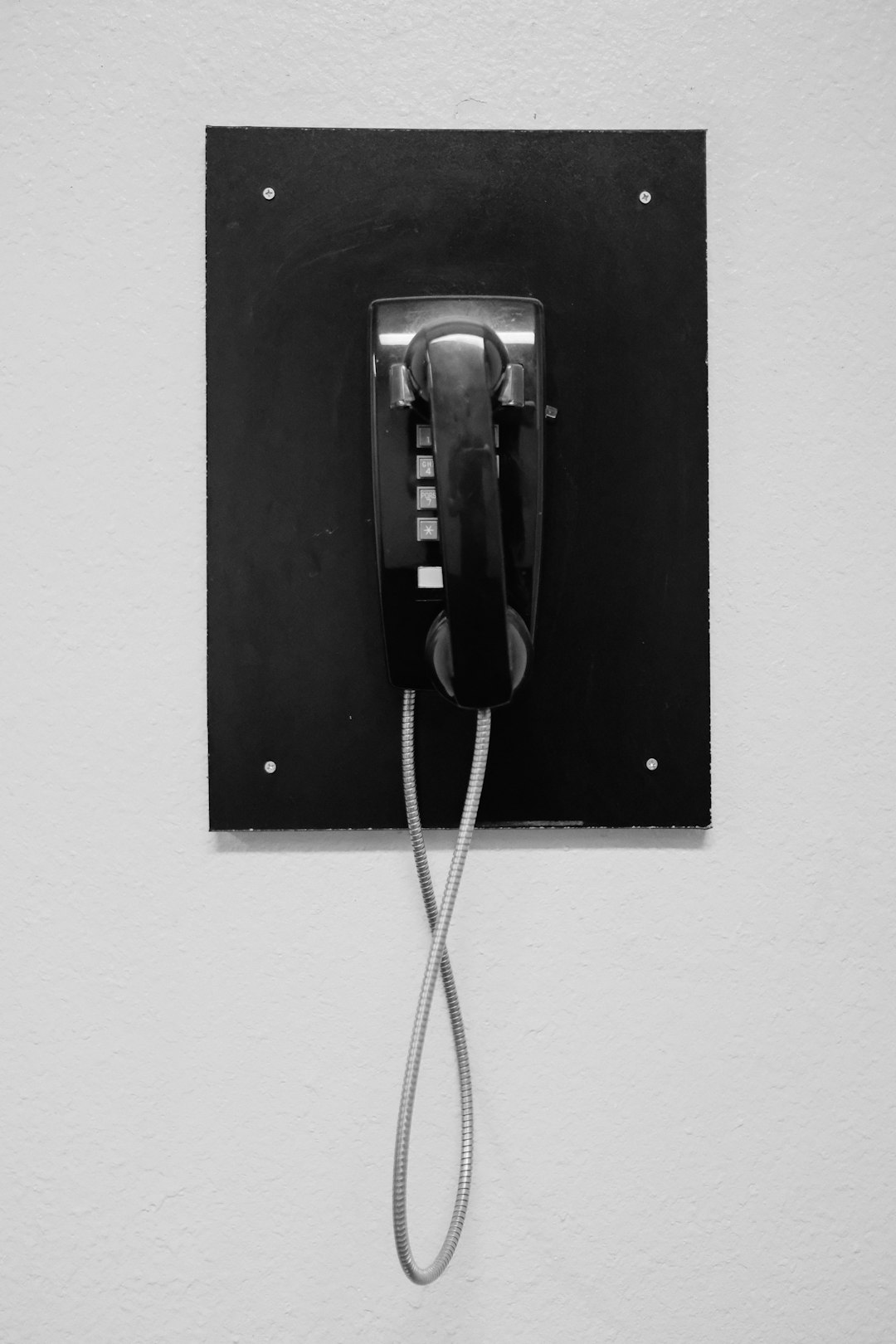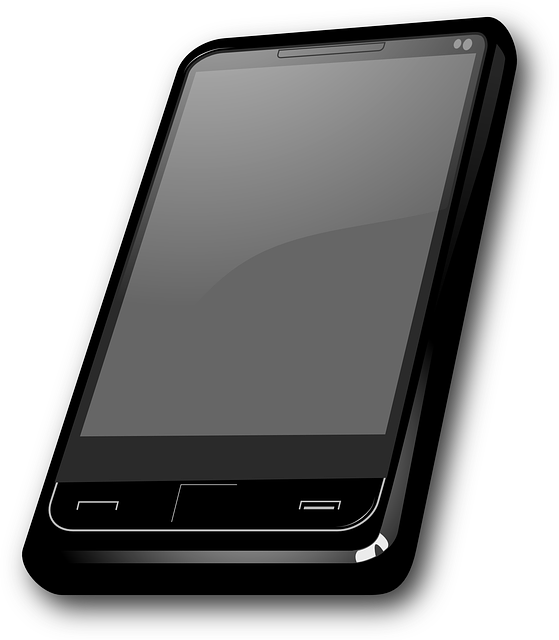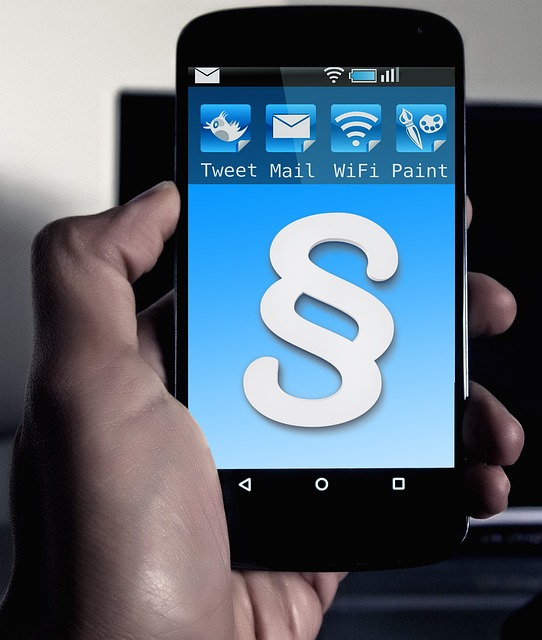In West Virginia, telemedicine providers using autodialers face strict regulations from TCFAP and state laws regarding consent and privacy. Non-compliance incurs penalties. Local autodialer law firms support this growing sector, ensuring compliance while expanding patient reach through automated scheduling in rural areas. Future growth depends on addressing data security concerns and evolving autodialer technology to enhance remote healthcare services.
In West Virginia, as telemedicine continues to grow, so does the need for efficient automation tools. Autodialers, used to connect patients with healthcare providers, are transforming the landscape of telemedicine. This article delves into the complex world of autodialer laws in West Virginia, explores the escalating regulatory challenges, and uncovers the benefits and potential risks these technologies pose to medical practices. We also look at future trends shaping telemedicine automation and provide best practices for navigating the legal and privacy concerns surrounding autodialers.
Understanding Autodialer Laws in West Virginia

In West Virginia, the use of autodialers in telemedicine is governed by specific laws and regulations designed to protect patient privacy and ensure ethical communication practices. It’s crucial for healthcare providers and telemedicine firms operating within the state to understand and adhere to these rules, especially regarding automated phone calls. The Telemarketing and Consumer Fraud and Abuse Prevention Act (TCFAP) sets guidelines for autodialers, including restrictions on certain types of calls without prior express consent from recipients.
West Virginia’s autodialer law firm regulations further specify the kind of information that can be shared through automated calls, focusing on minimizing unwanted contact and ensuring informed consent. Non-compliance can result in significant fines, making it essential for businesses to seek legal advice from specialized autodialer law firms West Virginia to navigate these complexities and maintain compliance while leveraging autodialer technology to enhance telemedicine services.
Telemedicine Growth and Regulatory Challenges

The growth of telemedicine has been steadily rising in West Virginia, driven by advancements in technology and a growing need for accessible healthcare solutions. With the recent global health crisis, telemedicine has become an essential tool for maintaining patient care while adhering to social distancing guidelines. Many autodialer law firms in West Virginia have recognized this trend and are adapting their services to support the expanding telemedicine sector.
However, despite its benefits, telemedicine faces regulatory challenges that must be navigated carefully. Laws and regulations regarding patient privacy, data security, and inter-state healthcare delivery vary across states, creating a complex landscape for telemedicine providers. Autodialer systems, which facilitate patient outreach and appointment scheduling, must comply with these regulations to ensure the secure and legal exchange of patient information. This requires continuous monitoring and adaptation to changing laws, particularly in West Virginia, where healthcare regulatory bodies are implementing new measures to support and streamline telemedicine operations.
Benefits of Autodialers for Medical Practices

Autodialers offer significant advantages for medical practices in West Virginia, revolutionizing the way telemedicine services are delivered. One of the key benefits is improved patient reach and engagement. By automatically calling patients and scheduling appointments, autodialers ensure that crucial health check-ins and follow-ups are not missed, especially in rural areas where access to healthcare may be limited. This technology enhances patient compliance, as timely reminders reduce no-shows, allowing medical professionals to optimize their schedules and resources effectively.
Furthermore, integrating autodialer systems into telemedicine practices streamlines administrative tasks. The automation process eliminates manual effort, reducing errors and saving time for both staff and patients. This efficiency gain can lead to better overall patient care as healthcare providers have more time to focus on diagnosis and treatment plans. With the right autodialer law firm West Virginia solutions, medical practices can enhance their telemedicine offerings, ensuring a seamless and accessible healthcare experience for all.
Patient Privacy Concerns and Best Practices

In the realm of telemedicine, patient privacy is a paramount concern, especially with the increasing reliance on technology like autodialers. As an autodialer law firm in West Virginia might advise, these automated phone systems can enhance patient reach and appointment scheduling, but they also present potential risks to sensitive healthcare data. To mitigate these risks, telemedicine providers must adhere to stringent data protection regulations such as HIPAA (Health Insurance Portability and Accountability Act).
Best practices for safeguarding patient privacy include encrypting all data transmission, ensuring secure storage of personal information, implementing multi-factor authentication, and regularly updating software to patch security vulnerabilities. Furthermore, training staff on privacy protocols and fostering a culture of data stewardship are crucial. Telemedicine practitioners in West Virginia should also obtain explicit patient consent for autodialer usage, clearly communicating how their data will be used and protected.
Future Trends Shaping Telemedicine Automation

The future of telemedicine in West Virginia is poised for significant growth, and automation plays a pivotal role in this evolution. One of the most promising advancements is the increased adoption of autodialer technology, which streamlines patient outreach and engagement. These innovative tools are set to revolutionize how law firms and healthcare providers connect with patients, especially in rural areas like West Virginia where access to care can be challenging.
With the rise of remote consultations and virtual appointments, efficient communication becomes paramount. Autodialers offer a solution by automatically dialing patients’ numbers, leaving personalized voice messages, and even scheduling appointments. This technology not only improves patient convenience but also reduces no-show rates. As telemedicine continues to integrate into healthcare systems, autodialer law firm solutions in West Virginia will likely become more sophisticated, ensuring better patient care and outcomes.






